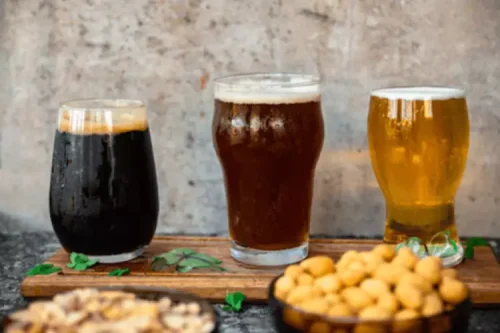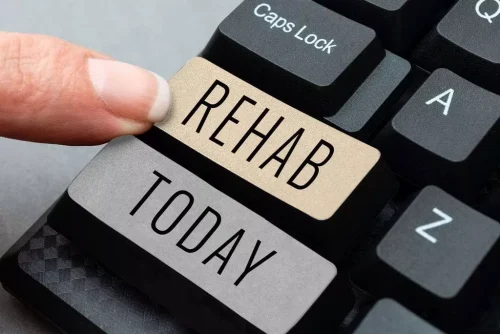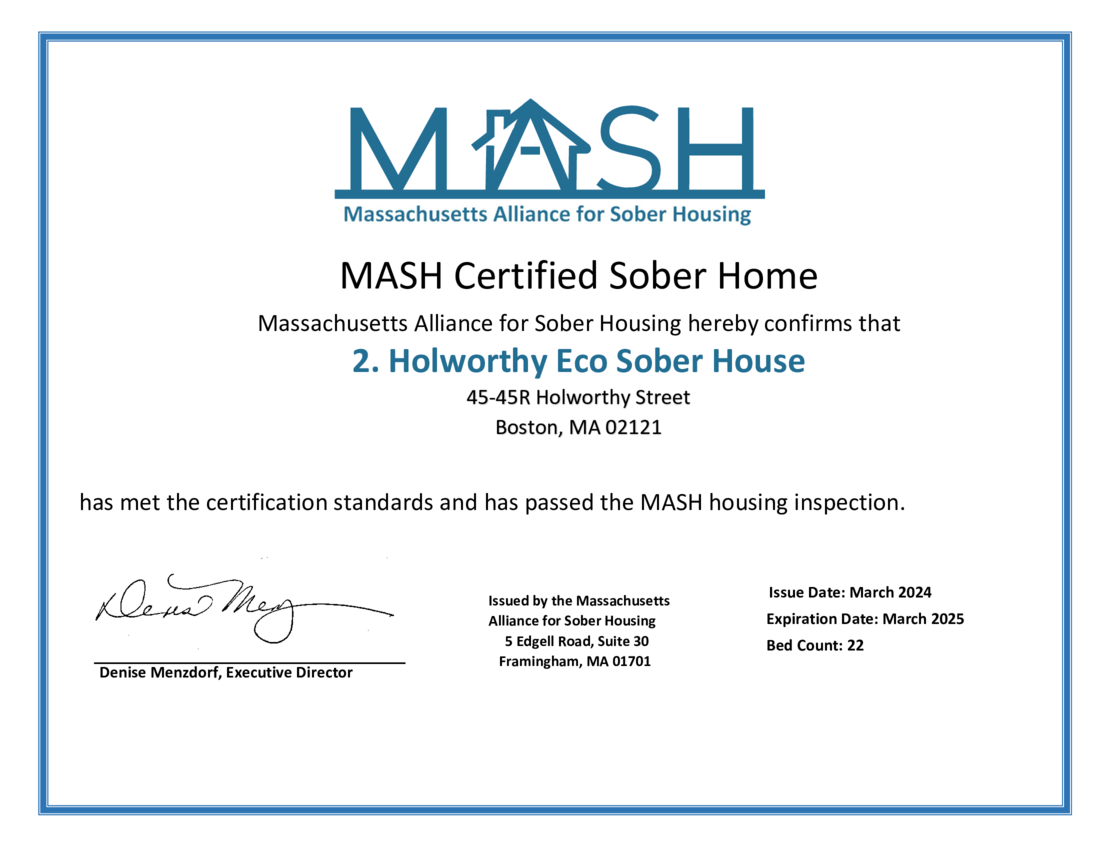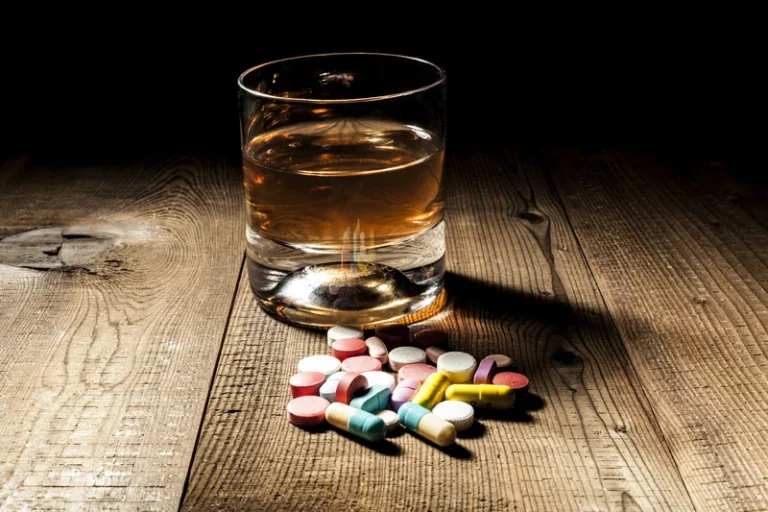
This can lead to feelings of guilt for the actions they took while under the influence or when struggling with their mental health. Peer support also plays an important role in addiction recovery by providing individuals with a sense of community, connection, and empathy. Peer support groups like Alcoholics Anonymous or Narcotics Anonymous provide participants with regular meetings where they can share their experiences openly without fear of judgement. In addiction recovery, accessing additional forms of professional and peer support is crucial for long-term success. These types of support can come in many different forms, such as therapy, mentorship, and support groups. They provide individuals with added resources and assistance that can help them overcome challenges they may face during their recovery journey.
- Guilt is the painful admission that you have done something wrong, but that bad behavior doesn’t represent who you are as a person.
- During my time in active addiction, I had to learn to deal with the feeling of guilt and shame for what my life had become.
- Acknowledging the interconnected nature of our lives is another aspect of Common Humanity.
- Understanding your triggers can help you develop coping strategies to manage these emotions.
- While some of the emotions that come up can be uncomfortable, we are here to help you work through them.
Living a Life Free of Guilt and Shame
Forgiving yourself for the ways you have hurt or harmed others will probably be the hardest thing that you will ever have to do in order to heal your shame. In fact, it may be the hardest thing you ever have to do in your guilt and shame in recovery life. This is especially true if you have repeated the cycle of abuse by harming another person in the same ways you were abused. In the U.S., only 10% of people struggling with some form of addiction actually get help.
New Research Initiative Seeks to Transform Eating Disorder Care for Autistic Individuals

Developing a strong support system is crucial when it comes to coping with shame and guilt during addiction recovery. Having the right people around you can make a significant difference in your journey towards sobriety. All of these strategies have been thoroughly researched and have proven to be successful in helping individuals cope with shame and guilt during addiction recovery. So, let’s get started on how to implement these practices in your recovery journey. To continue to live a life that is free of feelings of guilt and shame, acknowledge your value system. Review what you believe is right and wrong to solidify your value system.
- Still another reason you may have difficulty forgiving yourself is that you may have a powerful need to “be good” and to be seen as “all good” in the eyes of others, as well as yourself.
- In this post, you’re going to learn all about guilt and shame in recovery and how to overcome them.
- Shame might attach itself to you if your parents tell you you’re stupid over and over.
- You may also wish to pray to your higher power for help in your process of self-forgiveness.
childhood traumas adults need to address with mental health therapy

The guidance of experienced healthcare professionals can be invaluable in ensuring the success of long-term sobriety. This can be particularly beneficial for those experiencing shame and guilt, as it allows them to acknowledge these feelings without becoming overwhelmed or mired in self-blame. Overcoming shame and guilt is essential for successful addiction recovery, but it is not easy. One of the most common factors of their guilty feelings is knowing the pain and https://ecosoberhouse.com/ destruction that their family experienced during the time the individual was active in their drug or alcohol abuse. The individuals would often discuss how their family would separate themselves from the individual in addiction and wanted nothing to do with them. The individuals would often speak about all the time lost with their family and express remorse for not being the individual they were meant to be before falling victim to the pitfalls of addiction.

They may feel remorse for the pain and suffering they caused their family and friends, leading to a deep sense of guilt and shame. Furthermore, both Yoga and exercise create an opportunity for positive self-talk, replacing negative thought patterns with messages of strength, resilience, and positivity. With repeated practice, individuals may begin to see themselves in a different light through increased self-awareness.

Past Behaviors
Additionally, yoga incorporates mindfulness techniques, helping individuals better understand and manage their thoughts and emotions. Managing shame and guilt during addiction recovery can be a challenging task. However, alternative therapies like Yoga and Exercise have proven to be useful tools in helping individuals cope with these emotions.
- They have a setback or a relapse, and they feel like they are doomed to failure forever.
- Instead of doing something to makeit right, we hide what we have done.
- When you enter drug or alcohol treatment in Easton PA, you’ll explore the underlying reasons for your substance use.
- Over time, the client develops new coping mechanisms and gains confidence in handling difficult emotions.
- We’ll lie, isolate ourselves, and search for any way to vanish so as not to feel it.
